Heard of ChatGPT? It’s this crazy smart AI language model that can answer any question you throw at it. It’s basically like having Google in a chat box, but way more fun to talk to because it responds like a human. And since Gen Z is all about instant gratification, having a super smart computer at our fingertips is like a dream come true.
Here’s a brief comparison of the pros and cons of ChatGPT.
| ChatGPT Pros | ChatGPT Cons |
| ChatGPT has natural language processing techniques to generate human-like responses to textual prompts. | ChatGPT lacks common sense that humans possess, which can lead to irrelevant or incorrect responses. |
| Generates responses quickly and at scale, which can improve productivity and efficiency in various applications. | Perpetuates biases and stereotypes present in the training data, which can lead to unfair or discriminatory responses |
| Trained on specific domains or user data, which can enable it to generate more personalized and relevant responses. | Lacks the ability to reason or understand complex concepts. |
| Useful for language translation by training it on multilingual data, which can facilitate communication across different languages. | Vulnerable to attacks such as adversarial examples or model poisoning, which can compromise the security and privacy of users. |
| Improves over time by learning from user feedback and adapting to new contexts and scenarios. | Heavily rely on the quality and quantity of the training data they are fed, which can limit their effectiveness in situations |
| Improves accessibility for people with disabilities who may struggle with traditional interfaces. | Struggles to understand the broader context of a conversation or a prompt, which can lead to responses that are out of context or confusing. |
| Tremendous potential for innovation in various industries, including healthcare, finance, and education. | Not as “intelligent” as we think it is as it fails UPSC exam. |
Key Takeaways:
- ChatGPT is great for getting a quick piece of work done. But it’s basic drawbacks like the word limit (sometimes it just can’t generate enough data) makes it miss the mark of an all-in-one tool.
- Great for text based assignments or tasks and the only limit is the range of questions that are being asked.
ChatGPT is perfect for when we’re feeling too lazy to actually look something up ourselves. #lazybutgenius. You can ask it questions, tell it jokes, or even have a deep philosophical conversation if you’re feeling fancy.
Now let us explain what ChatGPT is in a way that’s easy to understand.
So, ChatGPT is a computer program that uses something called machine learning to generate responses based on what you say to it.
It is like having a brilliant friend who can help you with anything, except they don’t have emotions or opinions and they’re always connected to the internet. So basically, they’re like Siri or Alexa on steroids. I mean who are we even kidding, we use AI for literally everything from ordering food to finding a partner to eat that food.
It’s like having a personal assistant who never sleeps, never complains, and is always ready to help you out.
But the question is how does it work?
1. Tokenization: The input prompt is split into tokens, which are smaller units of meaning such as words or subwords.
2. Encoding: The tokens are converted into numerical representations that can be processed by the neural network.
3. Neural network processing: The encoded input is processed by a transformer-based neural network, which generates a probability distribution over the possible next tokens in the sequence.
4. Decoding: The highest probability next token is selected, and the process is repeated until the desired length of the response is reached.
Now that we have got your attention…
Let us dive deep into the various risks and rewards ChatGPT has got to offer.
Disadvantages of ChatGPT
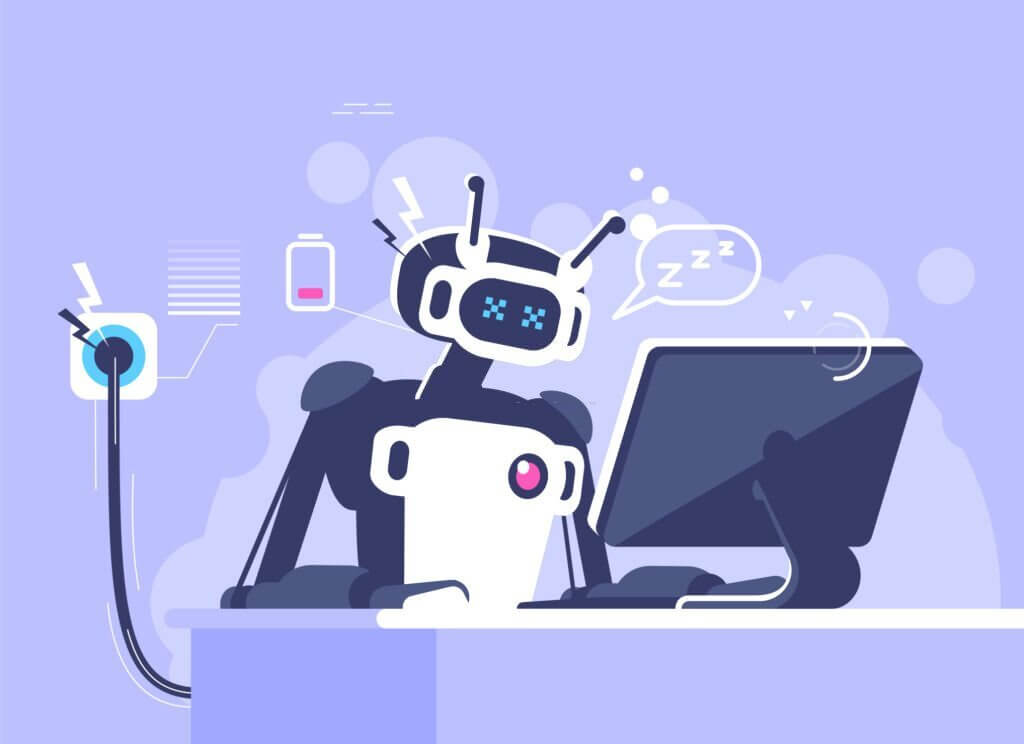
Misinformation
ChatGPT can provide answers based on the information it has been trained on, which can include inaccurate or biased information.
Dependence

People may become overly dependent on ChatGPT for information and advice, leading to a decrease in critical thinking and decision-making skills. • Security: ChatGPT can be vulnerable to cyber-attacks, which could compromise the security and privacy of user data.
Addiction
Some people may become addicted to using ChatGPT, leading to negative impacts on their productivity and well-being.
Leading a productive day can get you out of many addictive cycles, which is why we encourage you to read How to Have a Productive Day.
Accountability
There may be challenges in holding ChatGPT accountable for its responses, especially if its responses are harmful or inaccurate.
Inappropriate Content
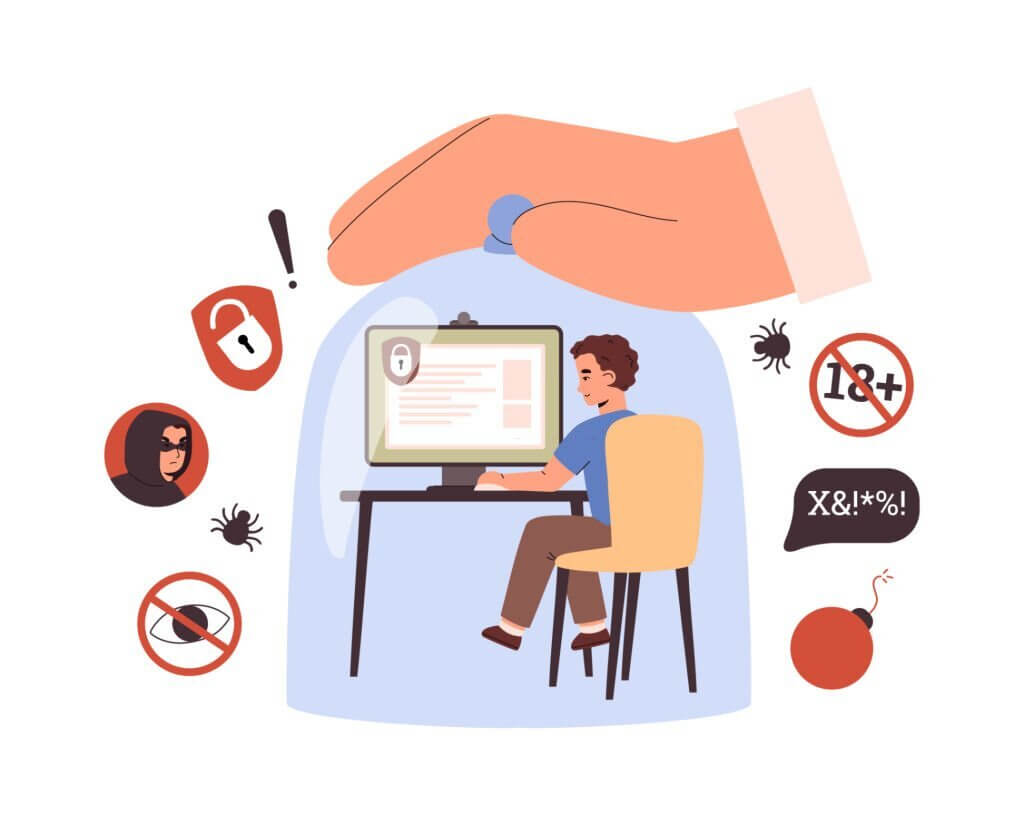
ChatGPT may provide inappropriate or offensive responses, which could lead to negative experiences for users.
Social Isolation
If people rely too heavily on ChatGPT for social interaction, it could lead to social isolation and decreased face-to-face communication.
Bias
ChatGPT may inadvertently perpetuate biases and stereotypes, as it is trained on data that reflects societal biases.
Lack of Emotional Intelligence

ChatGPT may not be able to detect or respond appropriately to emotional cues from users.
Lack of Creativity
ChatGPT may not be able to provide truly creative or innovative responses, as it is limited to the information it has been trained on.
But does it have no advantages?
Sure it does.
Advantages of ChatGPT
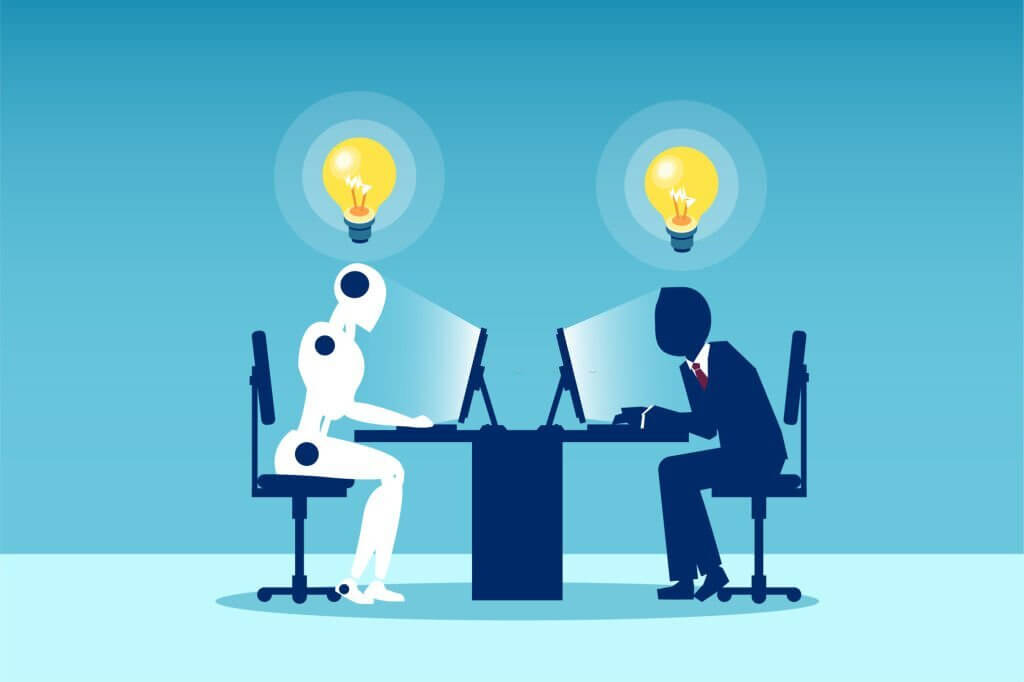
Convenience
ChatGPT provides a convenient way to access information and advice quickly and easily.
Efficiency
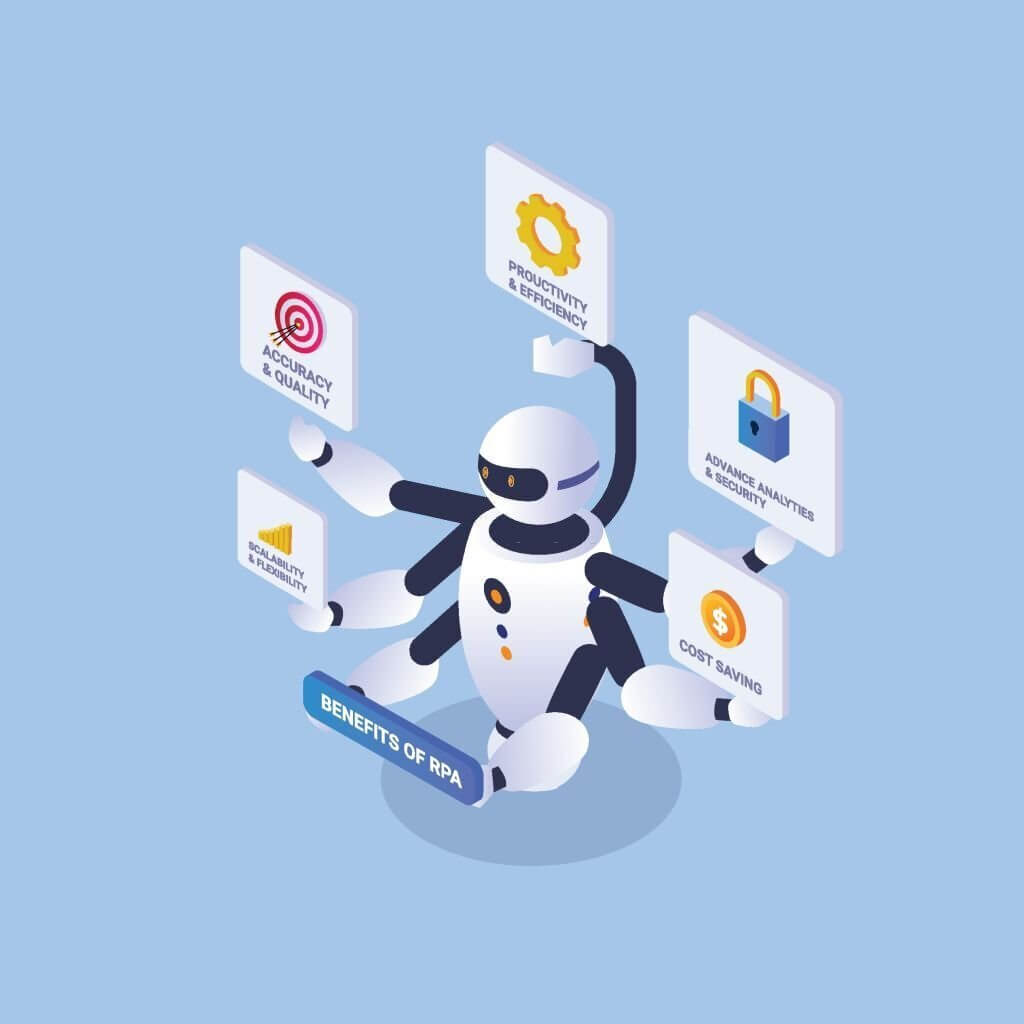
ChatGPT can save people time by providing instant responses to their queries.
Accessibility
ChatGPT can be used by people who have difficulty accessing information through traditional means, such as those with disabilities.
Personalization
ChatGPT can be customized to provide personalized responses based on user preferences and interests.
Learning

ChatGPT can help people learn and expand their knowledge on a variety of topics.
Problem-solving
ChatGPT can help people solve problems by providing suggestions and advice.
Emotional Support
ChatGPT can provide emotional support and reassurance to users who are experiencing stress or anxiety.
Productivity

ChatGPT can help increase productivity by providing answers and solutions to problems quickly and efficiently, just like Productivity Bay.
Innovation
ChatGPT can be used to generate new ideas and solutions to problems, as it can provide a fresh perspective on a given topic.
Community Building
ChatGPT can facilitate social interaction and community building by connecting users with similar interests and providing a platform for discussion.
But…
How is AI relevant in today’s advancing world?
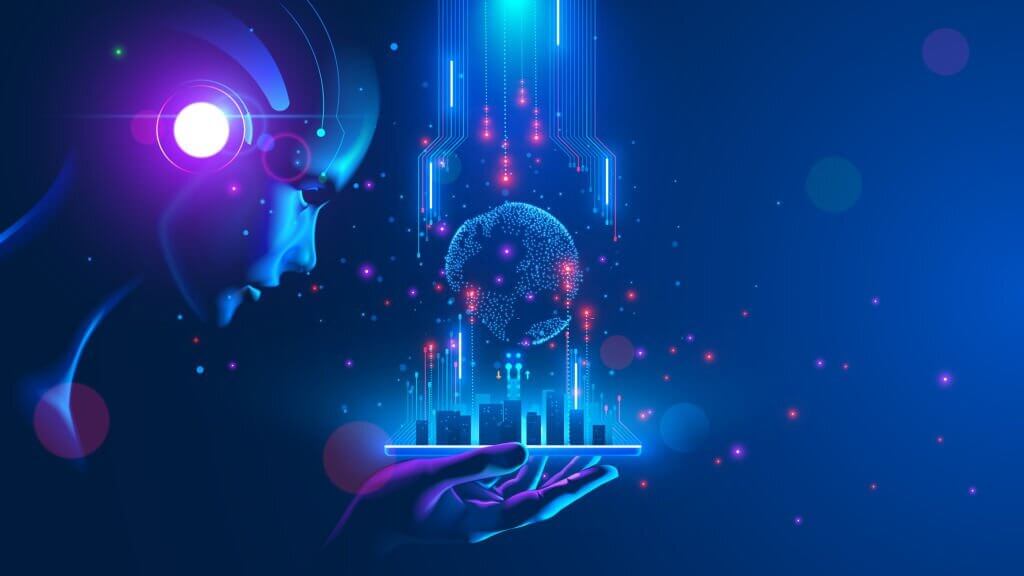
You might be thinking the same right?
Well here’s how:
1. Healthcare: AI is being used to help diagnose and treat diseases, improve patient outcomes, and reduce healthcare costs. For example, AI-powered tools can help doctors identify potential health risks and predict disease progression.
2. Education: AI is being used to improve education outcomes by providing personalized learning experiences, identifying areas where students need more support, and assisting teachers in creating effective lesson plans.
For all those students out there, we would like to encourage you to read Best Productivity Apps for Students which we believe would be really helpful.
3. Environmental Sustainability: AI is being used to address environmental issues such as climate change and pollution. For example, AI-powered tools can help monitor air and water quality, optimize energy consumption, and assist with waste management.
4. Business and Finance: AI is being used to improve decision-making in business and finance by analyzing data and predicting trends. For example, AI-powered tools can help companies identify market opportunities, optimize supply chain operations, and improve customer experience.
5. Social Good: AI is being used to address social issues such as poverty, inequality, and injustice. For example, AI-powered tools can help identify and address bias in hiring processes, provide access to education and healthcare in underprivileged communities, and assist in disaster response efforts.
Definitely check this article out on What is AI for further scrutiny of information.
But what is the need of the hour..
Without which all stands futile?
ETHICS in AI
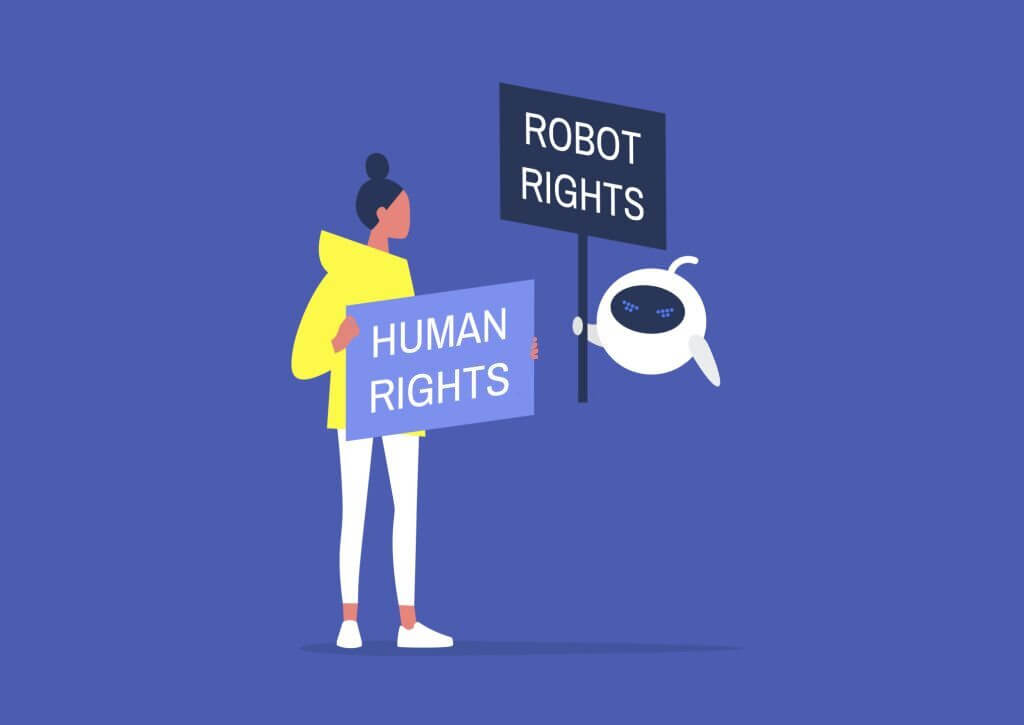
Why Ethics?
Ethics plays a crucial role in the development and deployment of artificial intelligence (AI) systems. As AI is increasingly integrated into our daily lives, it is essential to consider the ethical implications of its use.
Here are some of the key reasons why ethics is important in AI:
1. Bias mitigation: AI systems are only as unbiased as the data they are trained on. Therefore, it is crucial to ensure that AI systems are trained on diverse data sets and that they do not perpetuate or amplify existing biases. Ethical considerations can help ensure that AI systems are designed to be fair and impartial.
2. Accountability: As AI systems become more advanced, they may make decisions that have significant impacts on people’s lives. Without ethical considerations, it can be challenging to hold the creators of AI systems accountable for their actions.
3. Transparency: AI systems are often complex, and it can be challenging to understand how they make decisions. Ethical considerations can help ensure that AI systems are designed to be transparent, so that people can understand how they are being evaluated and can challenge decisions if necessary.
4. Privacy: AI systems often require large amounts of personal data to operate. Ethical considerations can help ensure that people’s privacy rights are protected and that their personal data is not misused.
5. Safety: AI systems have the potential to cause harm if they are not designed and implemented ethically. For example, autonomous vehicles that are not programmed to prioritize human safety could cause accidents. Ethical considerations can help ensure that AI systems are designed to prioritize safety.
Wrapping Up!
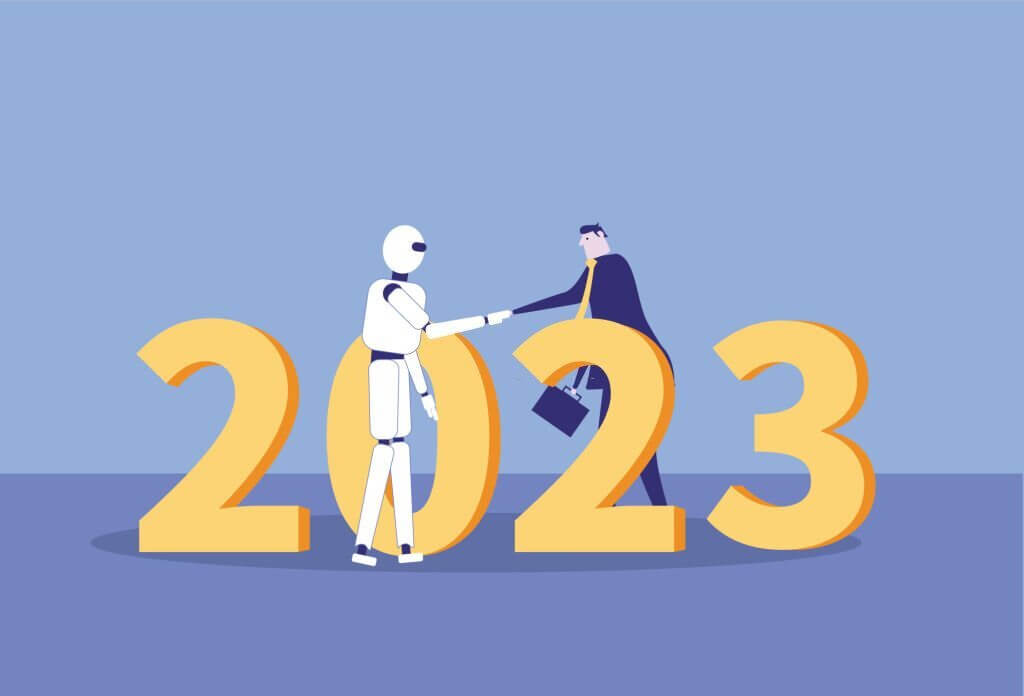
We know how technology keeps getting better and better? Well, AI is like the next big thing in that evolution. Think about it: with AI, we can automate a lot of tasks that are boring or time consuming, which means we’ll have more time to do the things that are actually worth our time.
AI is definitely a big deal for the future!
An acute game-changer.
Come one, we’re talking about robots that can help us with everything from cleaning our rooms to driving our cars. From helping doctors diagnose diseases faster to even helping us find new planets in space.
AI is like the behind-the-scenes hero that helps make our wildest tech dreams come true. So let’s get on board. Shall we?

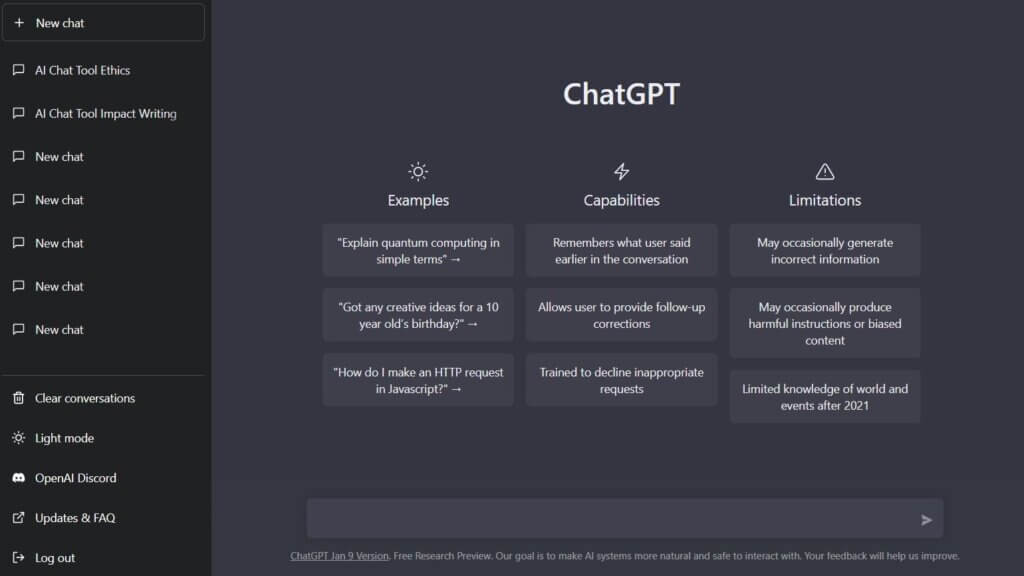
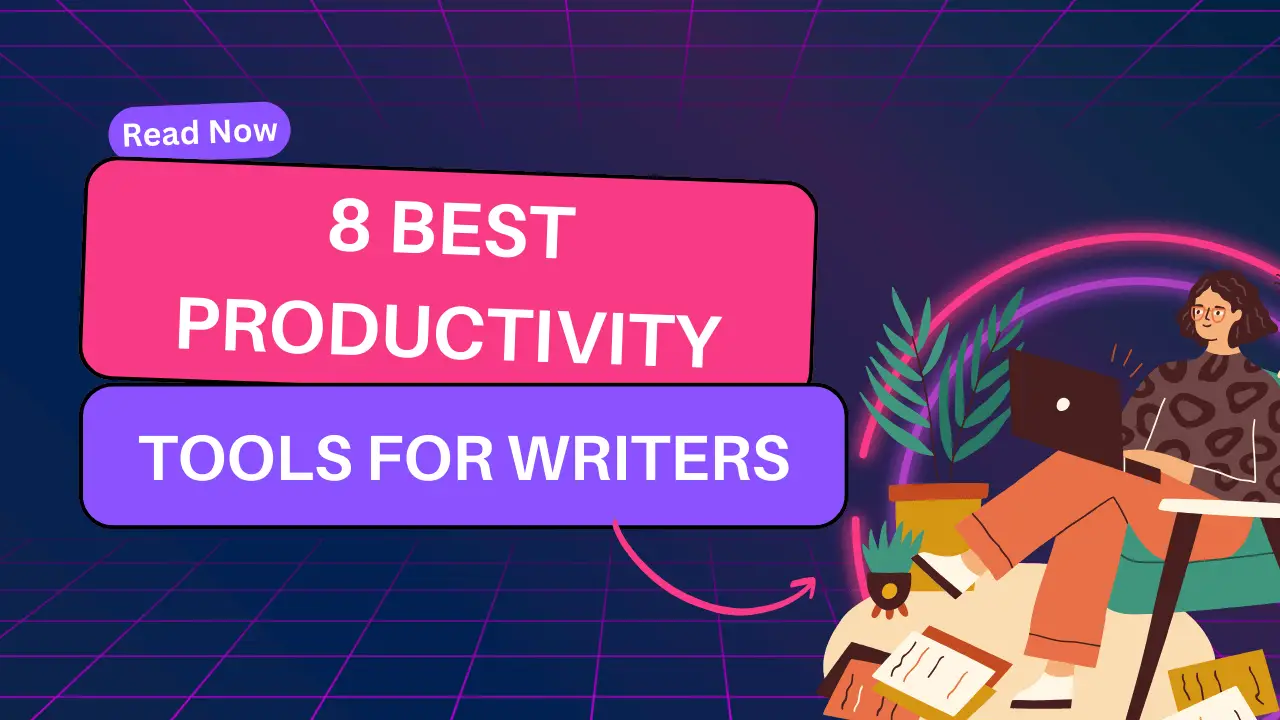
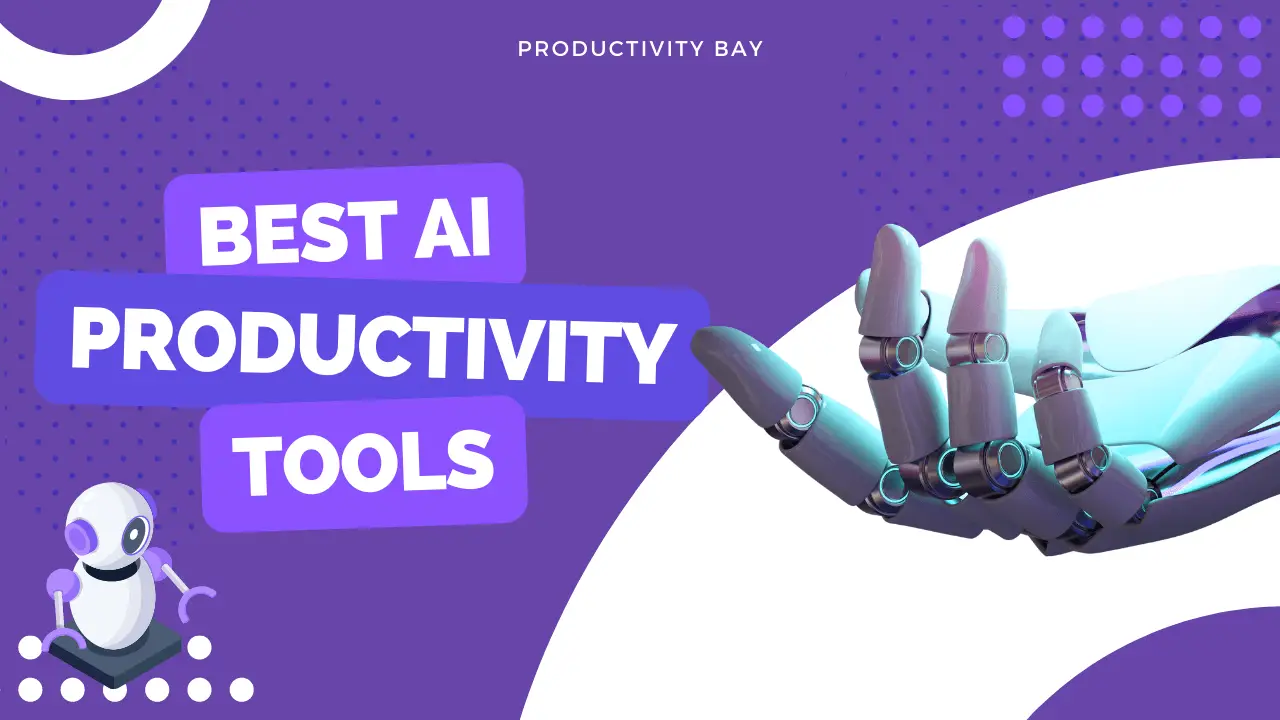


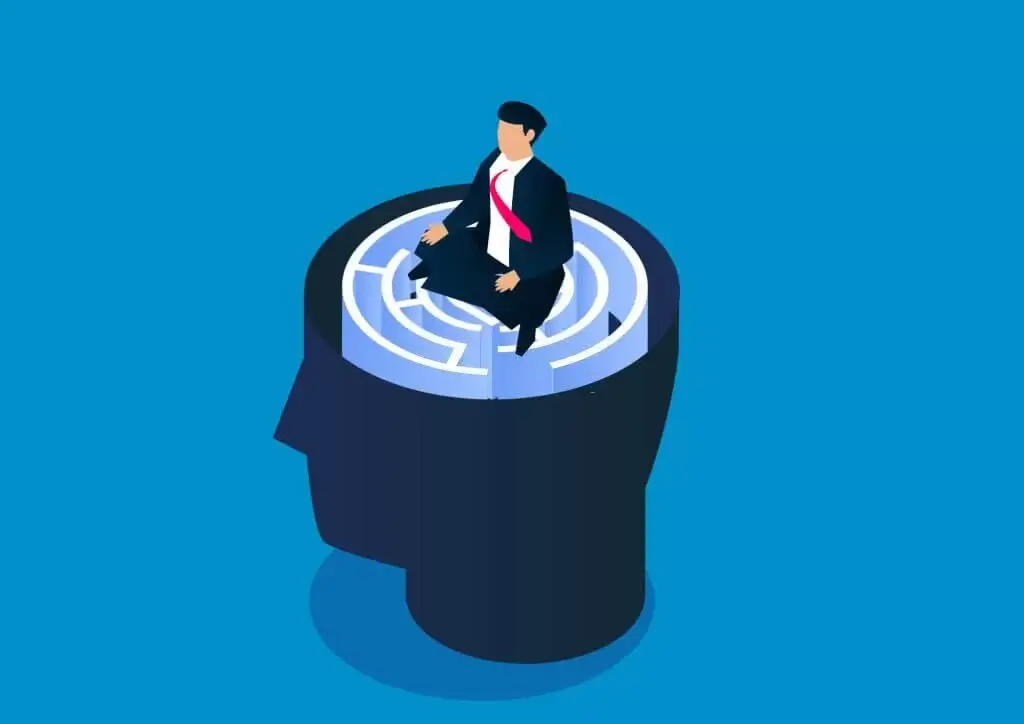







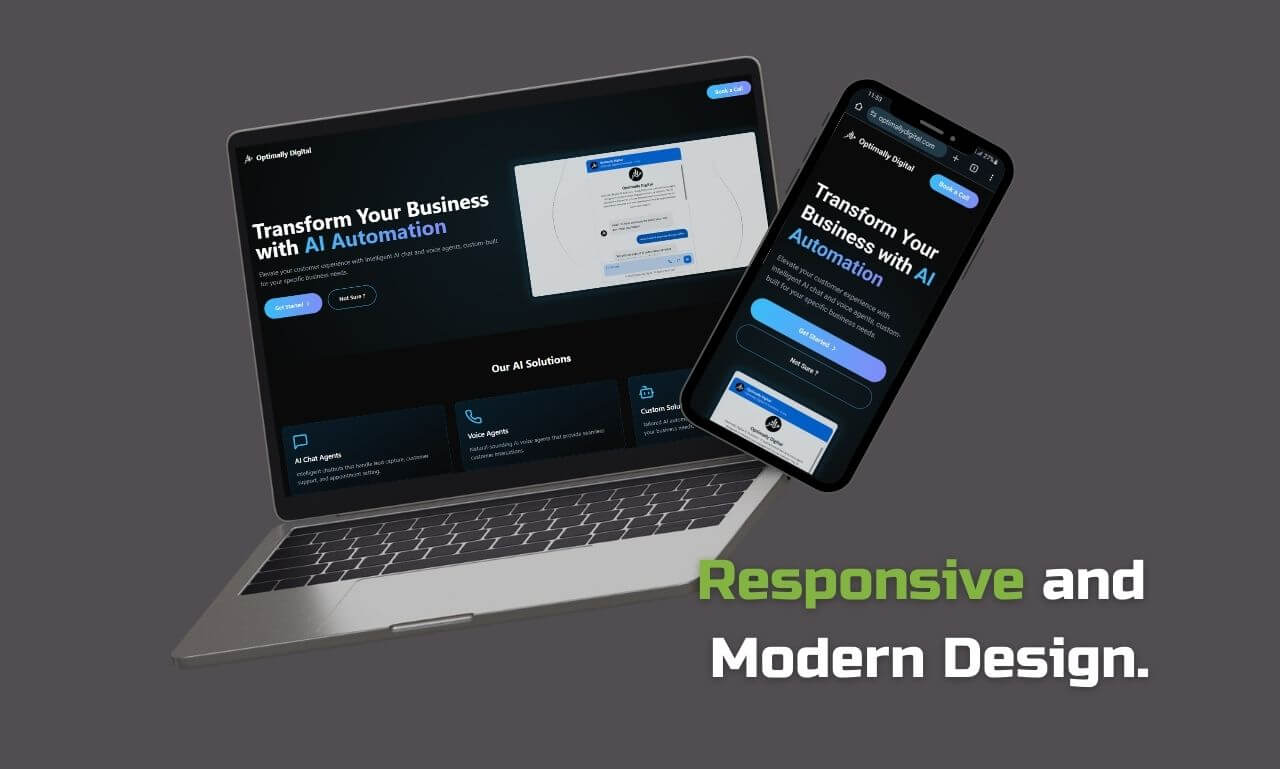
Leave a Reply